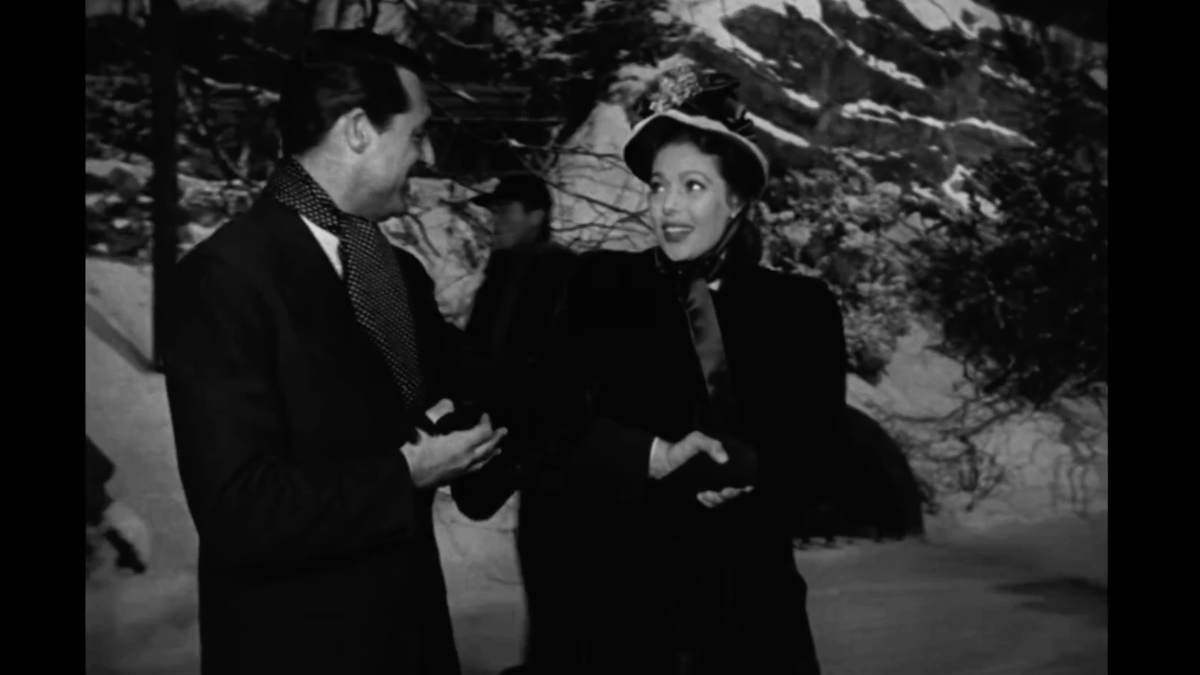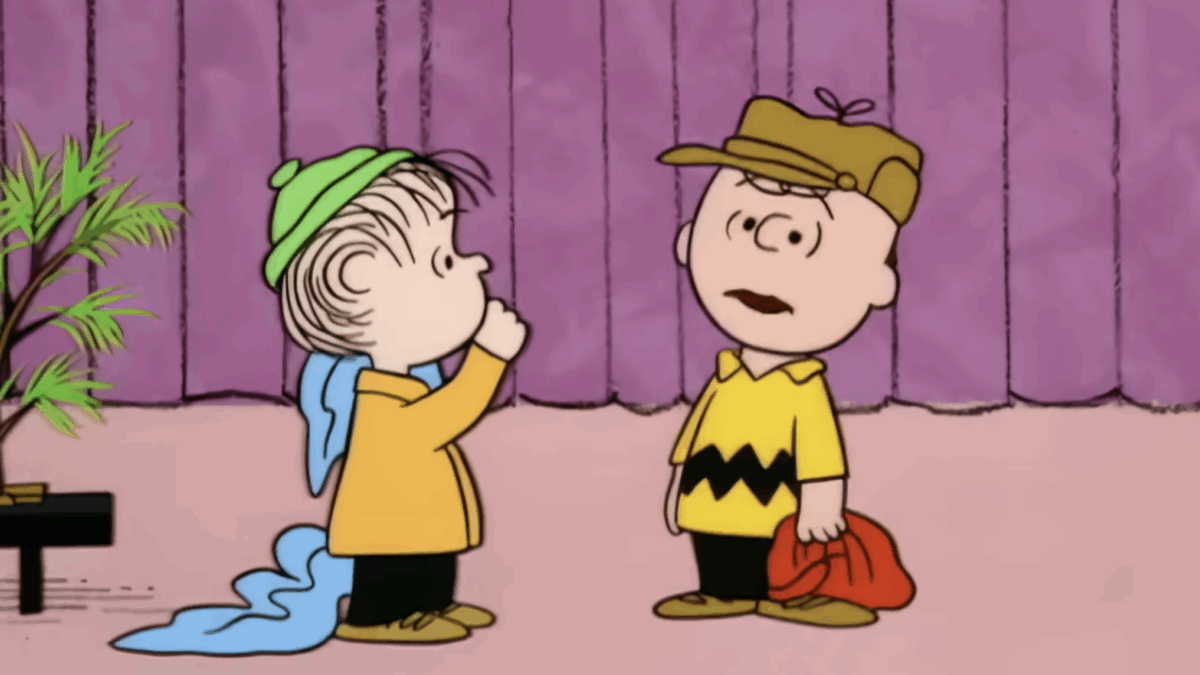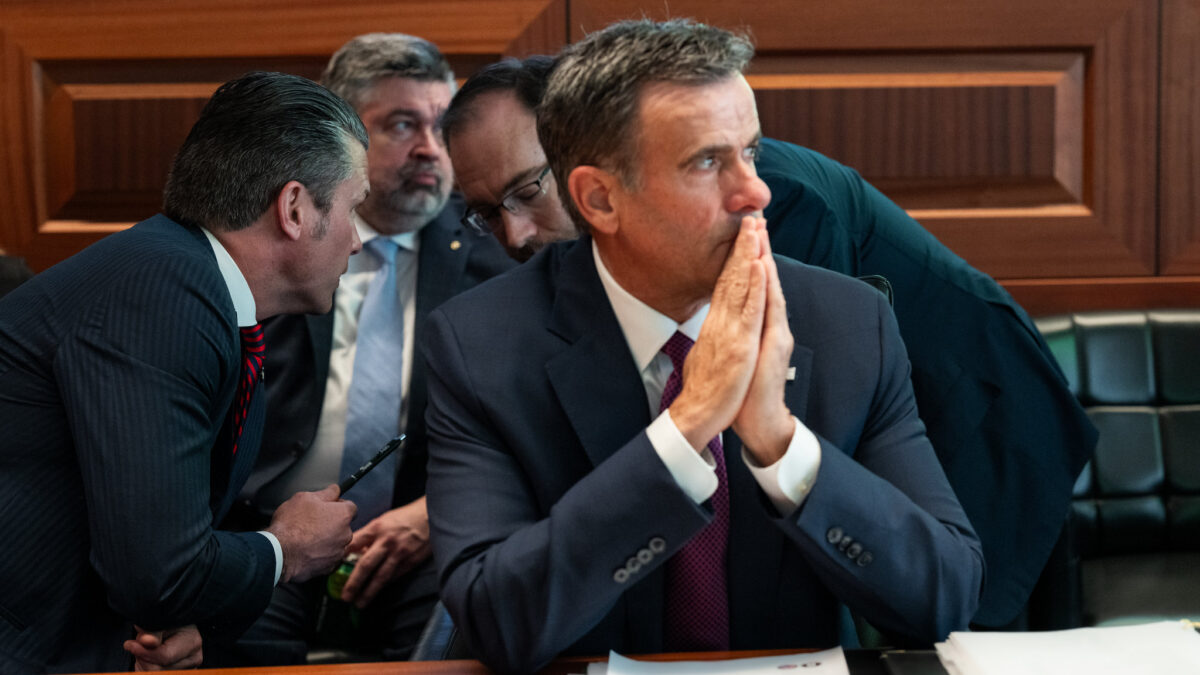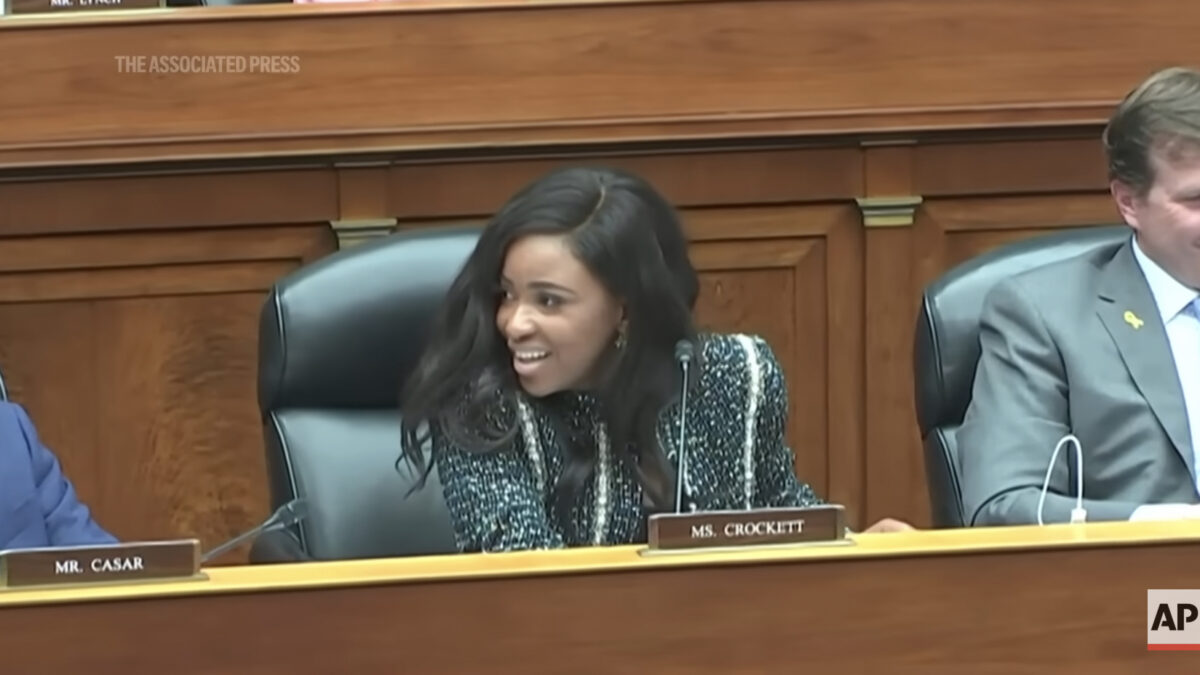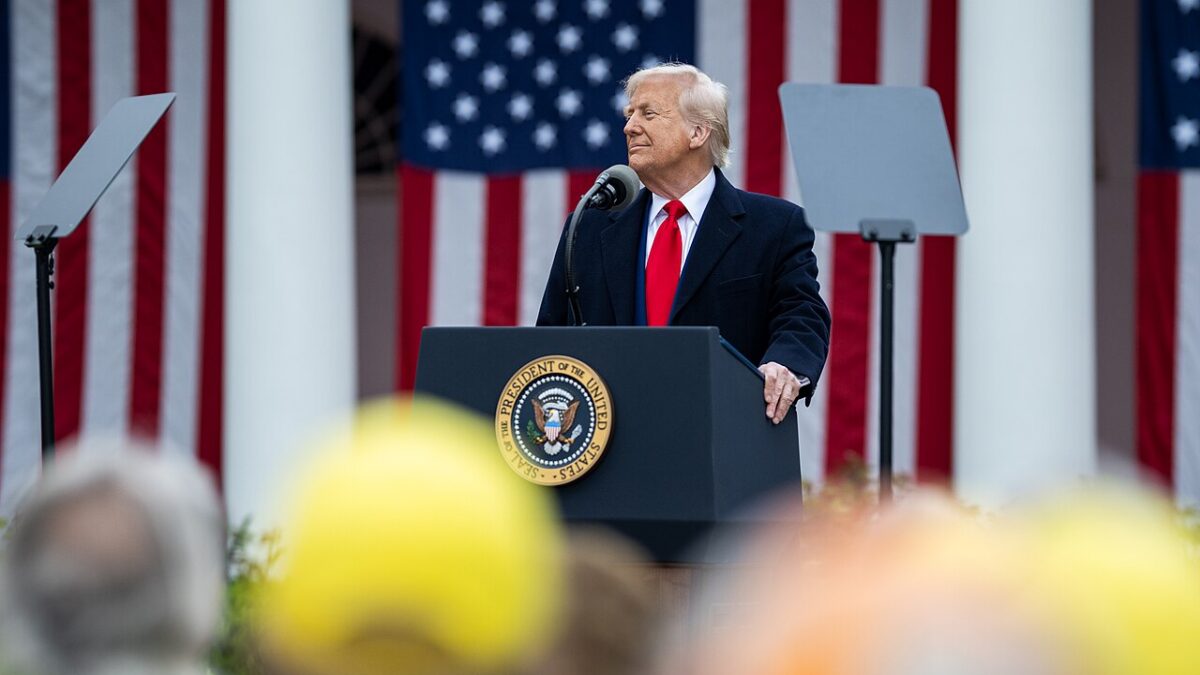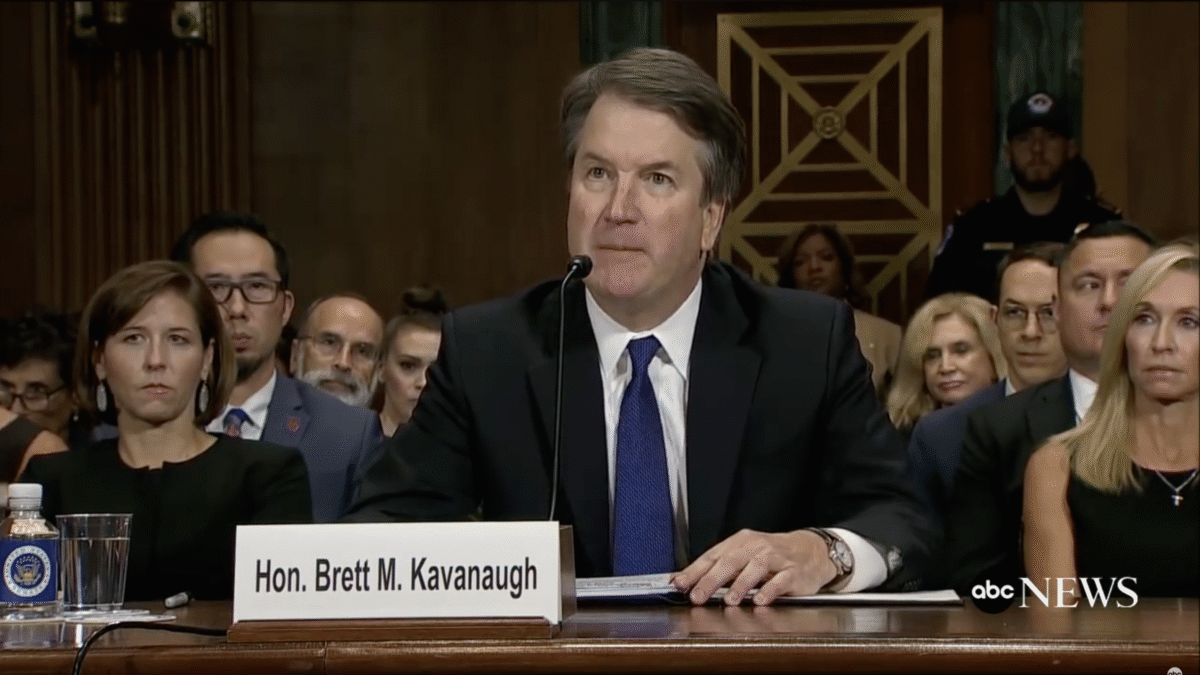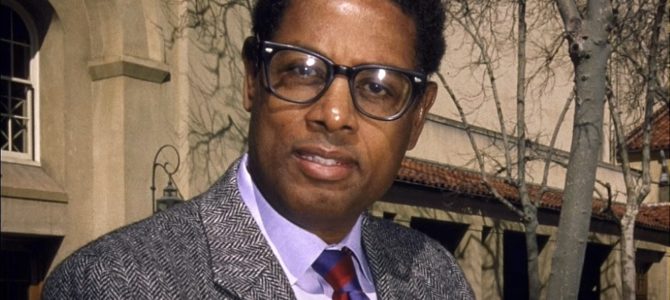
The past ten months have proved we live in a senseless world. There are large groups of people on both sides of the aisle who have no regard for reality, or what were once considered the normal and expected rules of polite society. One man, however, has never been swayed by the prevailing winds of the political moment over his illustrious 50-year career, keeping himself grounded in empiricism, fact, and logic: economist Thomas Sowell.
While he has published more than 50 books on subjects such as economics, race, and history, there is still a good chance that Sowell is the national treasure you’ve never heard of. The recently released documentary, “Thomas Sowell: Common Sense in a Senseless World,” successfully introduces Sowell both to those who’ve never heard of him and dives deep into the lesser-known aspects of his life for those who are already avid fans.
Narrated by Wall Street Journal columnist Jason Riley, the documentary takes the audience through Sowell’s life from his birth in North Carolina to his time as a senior fellow at the Hoover Institution, where he still works today. For the most underappreciated public intellectual of our time, this film is a well-deserved tribute to a magnificent career.
Sowell and Education
“Thomas Sowell: Common Sense in a Senseless World” appropriately begins with Sowell’s childhood. He was born in Gastonia, North Carolina, in 1930, and both of his parents died by the time he was only a few years old. He was adopted by his great aunt and raised by her, as well as her two adult daughters. When Sowell was eight, they moved to Harlem to gain access to greater opportunities than were available in the Jim Crow South.
While none of the women who raised Sowell ever graduated high school, he says they were “interested in education and they were interested in me.” He did not grow up with any semblance of material wealth — his family did not have a telephone in the house until he was well into his teen years, and they never had a television — but Sowell did grow up with the cultural value of education: something that was able to eventually propel him to great heights.
Education has long been a road to success in America. It is for this reason the two highest-earning religious groups in America — Hindus and Jews — also happen to have the most education out of all religious groups. Today, the tragic reality is that, for many low-income students, the chance to acquire a quality education is significantly diminished by the conditions of the failing public schools they are required to attend.
Having benefited from the option to transfer to a better school when he was young, Sowell now advocates the same policy for the disadvantaged families of today. While Sowell has been writing about education for decades, arguably his deepest dive into the subject came just last year when he wrote “Charter Schools and Their Enemies,” a book that deserves to be remembered as one of his finest works.
The film spends a commendable amount of time emphasizing the role and importance of education, as well as introducing the audience to the various alternatives to the traditional public school monopoly, such as charter schools.
Eva Moskowitz, founder of Success Academy Charter School, correctly points out that the benefits of school choice are concentrated within the most vulnerable communities, despite the fact people with Sowell’s political persuasion are so often maligned as “uncaring” and “unempathetic” towards those who are disadvantaged. By correctly framing the issue in a way that highlights the communities the policy is helping, it allows conservatives and libertarians to begin reclaiming the moral high ground.
Sowell’s Intellectual Influences
Sowell was drafted into the military in 1951. Afterward, he attended Howard University as an undergraduate, then transferred to Harvard University, where he procured a degree in economics. He earned his master’s at the University of Columbia, then went on to the University of Chicago for his Ph.D.
During his college years, Sowell was a Marxist, and he remained so even after taking a class taught by Milton Friedman. Yet all it took was one summer interning in the federal government for him to be exposed to government’s inefficiencies and perverse incentives.
In detailing Sowell’s journey from Marxism to capitalism, the film strikes a chord with those paying attention to the current condition of higher education. Many college students today have a similar disposition to Sowell when he was in college. They believe capitalism has proved to be corrupt at its core, as evidenced by things like climate change, increasing income inequality, and decreasing income mobility.
While people can debate about the merits of these various concerns for hours on end, the real thing these students miss is the efficacy (or lack thereof) of government control of the economy. Sowell’s personal experience in the government opened his eyes to the truth about capitalism, but that should leave all of us wondering what the wake-up call to many in my generation will be.
Sowell credits the Chicago School of Economics with teaching him the importance of gathering hard data. That lesson has stuck with him throughout the years, as his data gathering and usage remains one of his strong suits. Although empiricism and objective truth have largely been replaced by intuition among today’s college students, Sowell never argues based on feelings, but backs up his assertions with facts — and a lot of them at that.
Sowell Today
In 1980, Sowell became a fellow at the Hoover Institution at Stanford University, where they essentially offered to “pay him to be Tom Sowell” by allowing him to choose what and when he writes. Riley explains, “thousands of students would miss out on having Professor Sowell as a teacher, but millions of intellectually curious readers would benefit from Thomas Sowell’s work here [at the Hoover Institution].”
Among the best aspects of “Thomas Sowell: Common Sense in a Senseless World” is the extent it explains Sowell’s enduring popularity. Arguably the key reason Sowell is so beloved is that he fearlessly makes his argument no matter the fashionable sentiment at the time. Whether it be on the perverse incentives attached to the welfare state, his critique of the idea that every disparity signals discrimination, or the idea of human capital as the chief necessity for group advancement, Sowell takes on the intellectual establishment.
At a time people are increasingly afraid to speak their minds for fear of being “canceled,” Sowell is a refreshing presence — a presence that lets people know that there are other people who approach the questions of the day with simple common sense. As Riley describes him, “[Sowell is] that rarest of species: an honest intellectual. He spent a career putting truth over popularity. He’s explored the answers to questions others were afraid to even ask.”
Bringing Sowell to the Next Generation
One would not be blamed for believing that a 90-year-old economist would not be particularly popular among a younger audience. Yet, make no mistake, Sowell’s work has proved to be timeless, and he’s gaining a large following among the next generation. On Instagram, the unofficial Thomas Sowell account has more than 150,000 followers, while on Twitter, Sowell’s followers number more than 650,000, and his reach continues to grow.
A documentary such as “Thomas Sowell: Common Sense in a Senseless World” helps widen that reach. Garnering more than 2.1 million views on YouTube in the first week since its release, there is no doubt that it has done its part in keeping the work of Sowell alive and in the minds of the next generation of students, thinkers, and leaders.
Without a doubt, the world has been lucky to benefit from Sowell’s insights. We can only hope that with the help of films like this, we can adequately extend those insights to those who will be next in line to influence our world.



